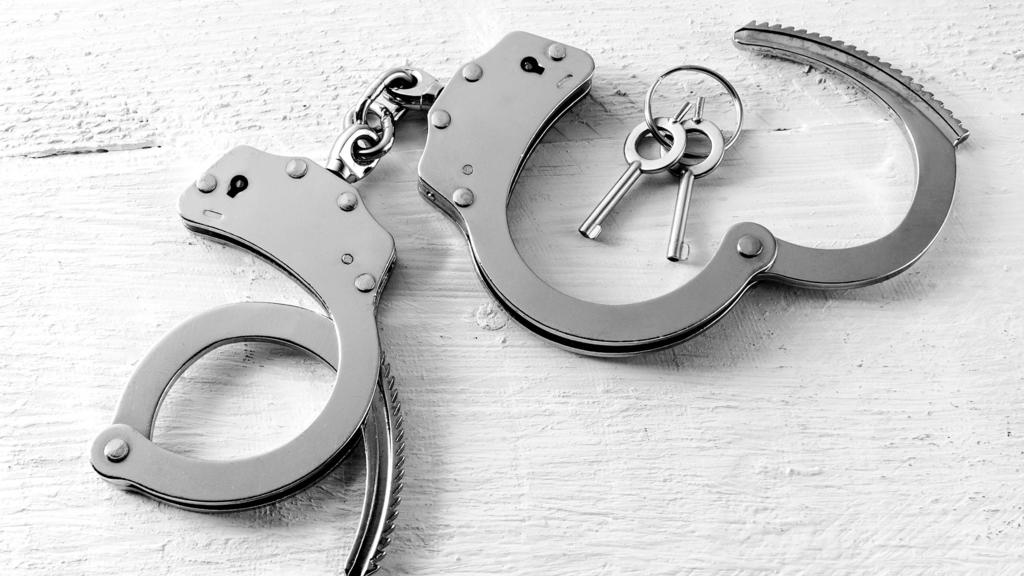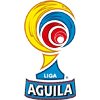'Smurf' is the latest Colombian football star implicated in cocaine crime

When the drugs police slapped the handcuffs on him in Naples last month, Anthony de Avila was wearing the colours of America de Cali, the controversial Colombian club where he became a star.
The former international's arrest and conviction in Italy should be shocking but it is, in fact, just the latest chapter in an old and sordid romance between football and drug trafficking in Colombia.
Nicknamed "Pitufo", the Spanish for "Smurf", because he is just five foot one inch (1.54m) tall, de Avila was a class act on the field, playing 54 times for Colombia. He spent most of his club career at America and remains the club's all-time top scorer with 208 goals.
He was arrested, however, on September 20 in a piazza in the centre of Naples in a scarlet club shirt.
"The police had been alerted with information indicating the presence in the city of South Americans who had come to meet local traffickers," Davide Della Cioppa, the police officer who coordinated the arrest, told AFP.
"He claimed to be a tourist, but when asked where he was staying, he replied that he was staying at the (subway) station," which aroused the suspicions of the uniformed officers, Della Cioppa added.
After taking him to a police station, Italian authorities discovered that De Avila, 58, had been sentenced to prison in 2004 for drug trafficking.
The former striker "claims he is innocent and did not know he was convicted and wanted," Fabrizio de Maio, his lawyer, told Cali's El Pais.
Yet the lawyer knows that his client is in a tight corner and that avoiding a 12-year prison sentence amounts to "mission impossible".
"We are finding out what Anthony's situation is like at the moment to see how we can help him," Tulio Gomez, America's main shareholder, told the same newspaper.
It would not be the first time that a soccer player from the country that produces the most cocaine worldwide has tangled with the law because links to drug trafficking.
In Colombia, which according to the UN produced 1,228 tons of the drug in 2020, the profits from the illegal trade have penetrated football, the equestrian world, beauty pageants and, inevitably, election campaigns.
In the 1980s and 1990s, owning a team "was an asset" for some capos and a tool of popularity for others, journalist Ignacio Gomez, co-author of the book "Los amos del juego" (The Masters of the Game), told AFP.
"It was a natural laundry" for a business that moves large sums of cash, said Gomez.
America de Cali was included in 1999 in a US list of companies connected to drug trafficking.
Another Colombian international Jhon Viafara, a midfielder in the Once Caldas team that won the Copa Libertadores in 2004, is serving 135 months in prison in the United States for drug trafficking.
He was accused of being part of an international network linked to the Clan del Golfo, the country's largest drug gang.
Last year, former Real Madrid player Edwin Congo was implicated in a Spanish police operation to seize a ton of cocaine.
Former internationals Freddy Rincon, Diego Leon Osorio, Luis Alfonso "Bendito" Fajardo and Wilson Perez have also faced charges of money laundering and drug trafficking.
The speedy "Pitufo" played for America in two spells between 1982 and 1996 winning seven Colombian titles and appearing in three consecutive Copa Libertadores finals, all lost, from 1985 to 87.
This golden era coincided with the influence on the board of the brothers Miguel and Gilberto Rodriguez Orejuela, heads of the Cali Cartel captured in 1995 and then convicted in the United States for drug trafficking.
The Cali Cartel became the world's leading cocaine distributor after the 1993 death of bitter rival Pablo Escobar, the kingpin of the Medellin Cartel -- and 'backer' of another football team Atletico Nacional.
Both sides acquired "a significant collection of players", Gomez said.
In 1997, two years after the Cali drug lords had been captured, Avila acknowledged his debt to them.
"I want to dedicate this victory to some people who are deprived of their freedom," said Avila after scoring the goal that gave Colombia the 1-0 victory over Ecuador that all but cemented their France 1998 World Cup qualification.
"I think there is no need to name names, but with much love and humility I dedicate it to them, Gilberto and Miguel."
bur-das/jss/cl/pb/bsp




